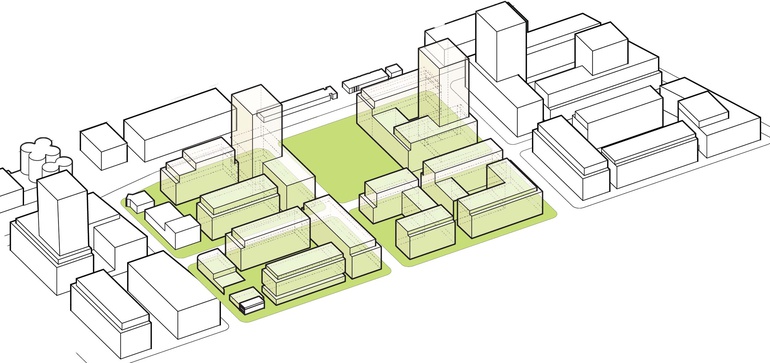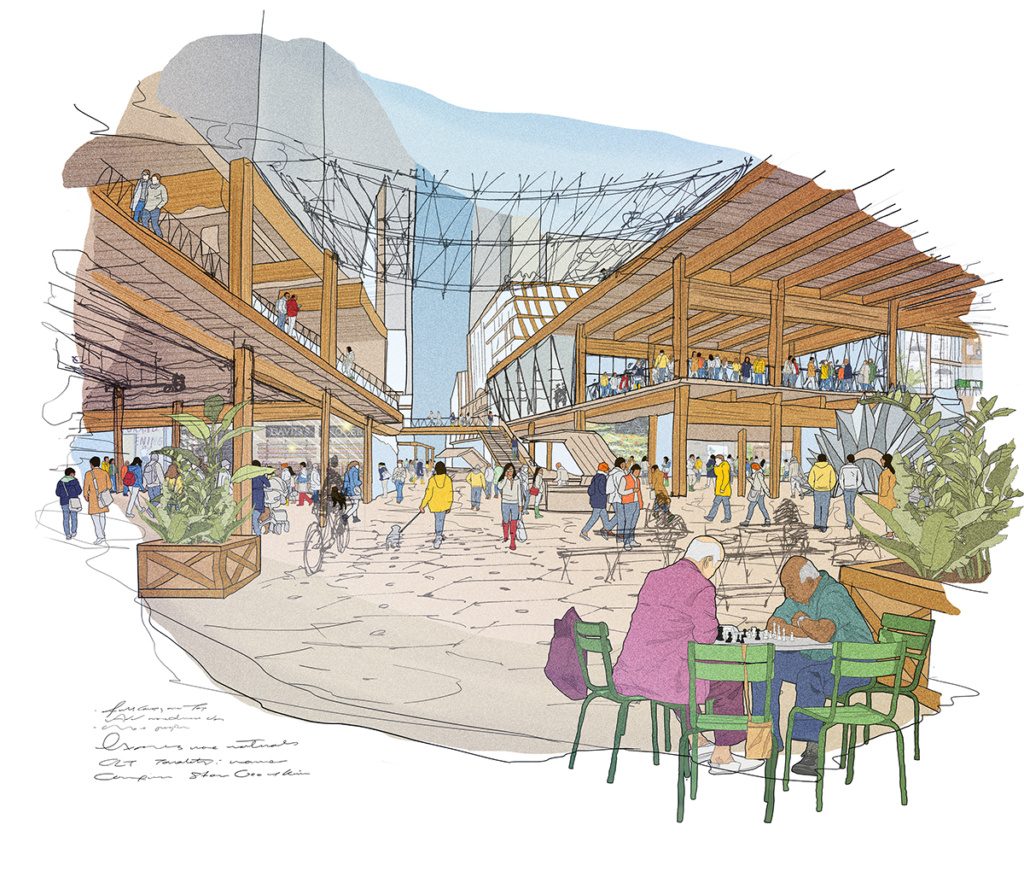In May 2020, facing mounting criticism from privacy advocates, Sidewalk Labs CEO Daniel Doctoroff announced that the Google-backed company was scrapping its smart city project in the Quayside neighborhood of Toronto. With its passing, there was a sense among critics that some sort of evil had been defeated—that the little guy had won and Alphabet/Google had been
Sidewalk Labs, the architecture and urbanism spinoff of Google parent company Alphabet, has detailed a new model for designing tall timber towers on their Medium page. The “digital proof-of-concept,” designed in Revit and hosted in BIM 360, is called PMX (proto-model X), and is intended to show how a modular 35-story tower could be designed
Sidewalk Labs, the Alphabet subsidiary focused on urban technology, has been working on a new software tool for generating optimized city layouts. In an effort to combat the disconnect between various stakeholders in the urban planning process—architects, planners, engineers, and real estate developers—and their software, product manager Violet Whitney and designer Brian Ho have created
Toronto is known for many great things. Its weather isn’t one of them. For the city’s architecture the question is: how can public, urban space be usable and comfortable throughout the year? The architecture collective PARTISANS thinks it might have an answer. Referencing the “maze of awnings…and glass arcades” that defined Toronto streets in the
Concerns about data privacy continue to dog the “smart city” planned for the Toronto waterfront by Google’s sister company Sidewalk Labs. But it isn’t just residents and watchdog groups raising the alarm—consultants and advisors to the project are also jumping ship. The latest to leave is Dr. Ann Cavoukian, a privacy expert whose resignation was intended as a “strong statement” about the project’s




